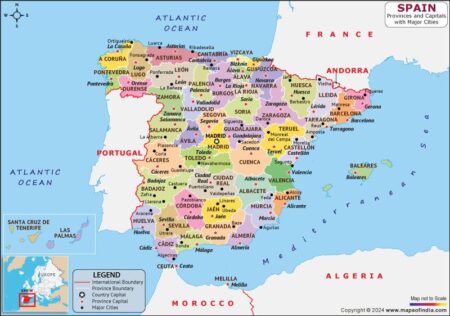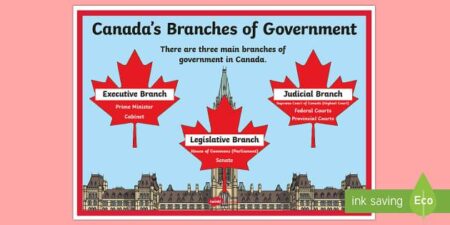Spain has blocked Israeli ministers Itamar Ben Gvir and Bezalel Smotrich from entering the country, sparking heightened diplomatic tensions due to concerns over their controversial policies and provocative statements
Browsing: Travel Ban
Spain has made a bold move by banning two Israeli ministers, escalating the growing tensions between the two countries. This decision follows recent developments in Azerbaijan, adding another layer of complexity to an already fragile regional diplomatic landscape
The Canadian government has just released an important alert for travelers bound for one of its closest allies. Officials are urging everyone to stay vigilant and well-informed to steer clear of confiscations and steep fines at the border, as tough new regulations take effect
Australia has officially canceled Kanye West’s entry visa following the release of his highly controversial song “Heil Hitler.” Authorities cited serious concerns over hate speech and public safety, leading to this firm and decisive response
Japan is taking a firm stand against travelers who skip out on medical bills, launching a bold crackdown to curb soaring unpaid healthcare costs. With the new policy in place, anyone who leaves without settling their hospital fees will face a ban on re-entering the country-sending a clear message to promote accountability across the tourism industry
The White House has announced bold new measures to strengthen entry restrictions for foreign nationals, enhancing U.S. national security and public safety by stopping potential threats from foreign terrorists and other dangers before they reach our shores
Israel has denied entry to two British lawmakers, citing security reasons amid a visit intended to promote dialogue and understanding. The decision has sparked criticism from political leaders in the UK who view it as an obstruction to diplomacy.
German and Austrian ministers have canceled a planned visit to Syria over safety concerns after receiving intelligence of a potential threat. The decision underscores ongoing security challenges in the region, affecting international diplomatic efforts.
Russia has imposed a permanent travel ban on Japan’s Foreign Minister and eight other officials, a move escalating tensions between the two countries. This decision reflects ongoing geopolitical strains stemming from differing stances on regional security and international relations.









